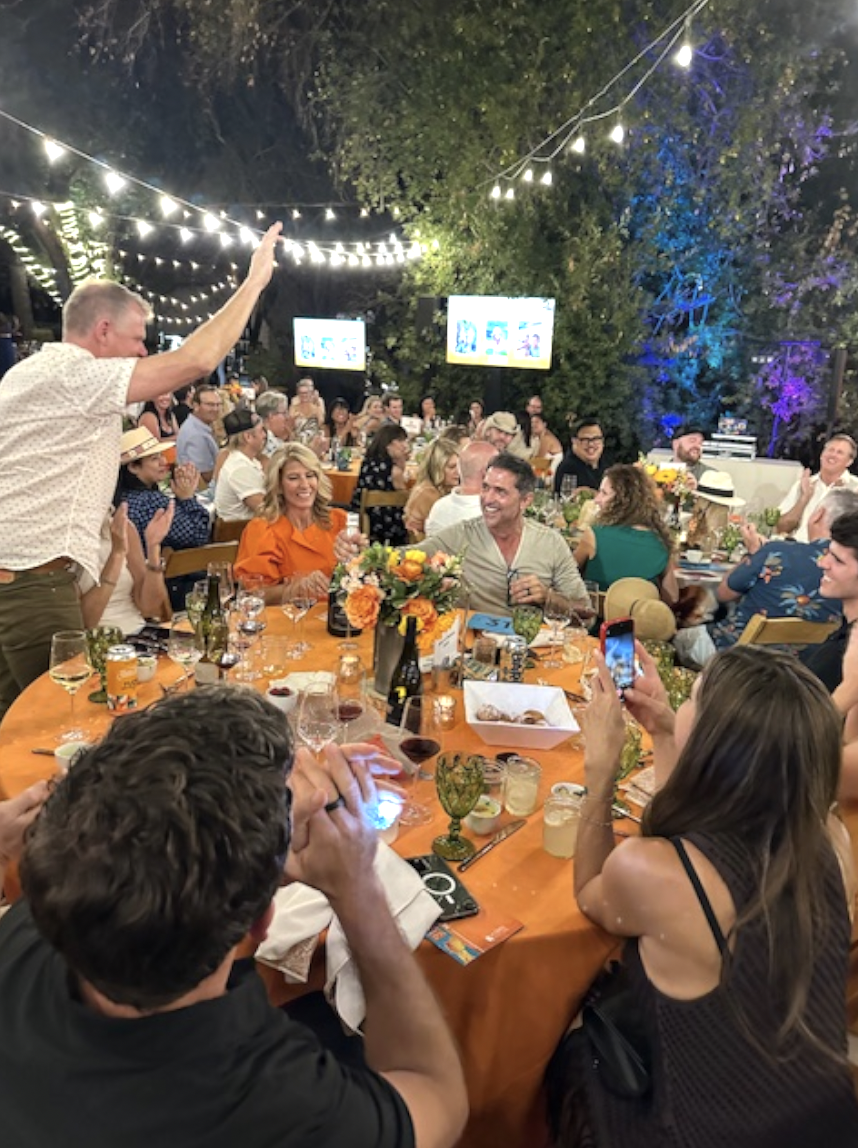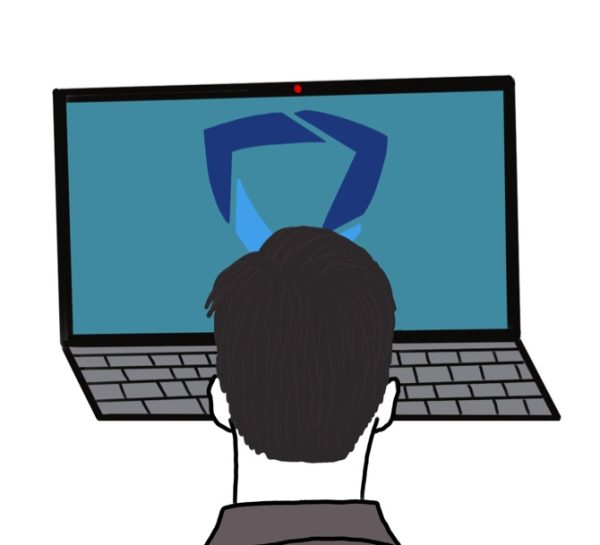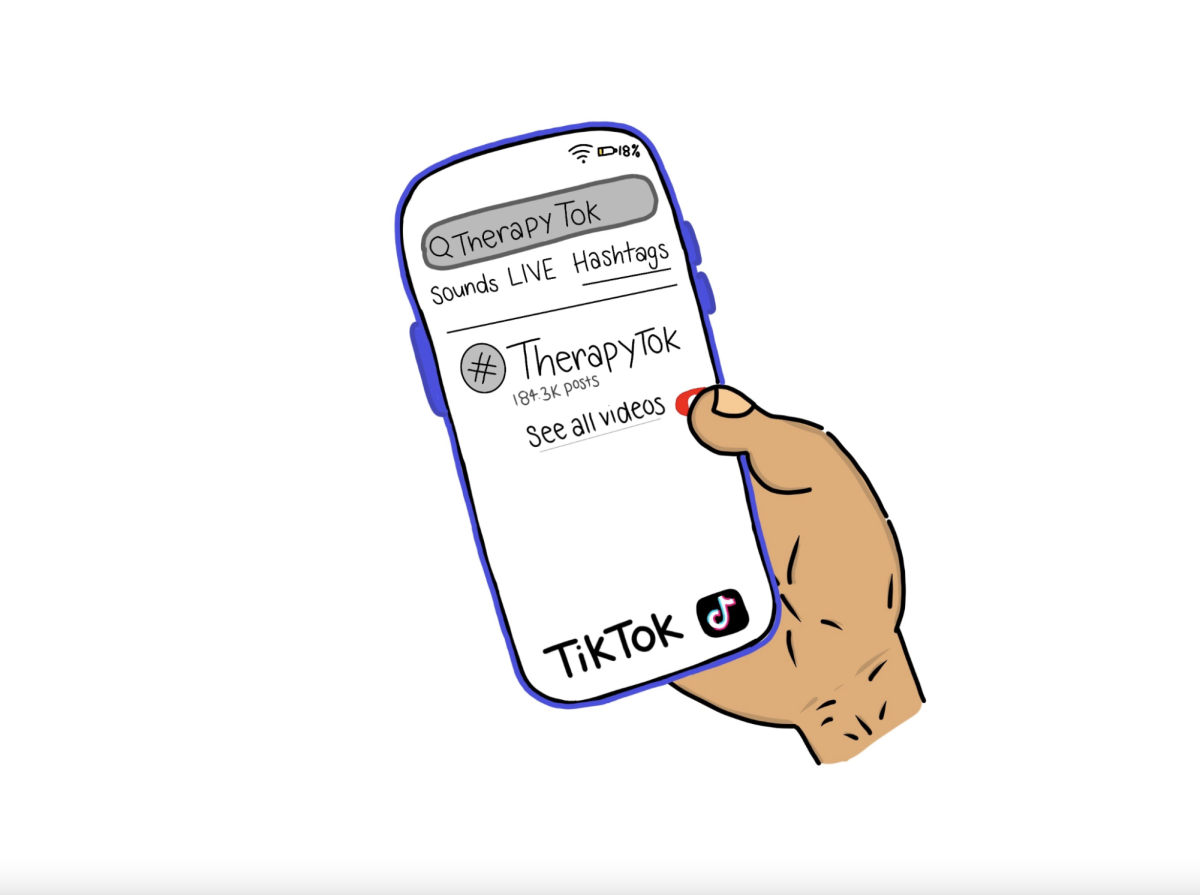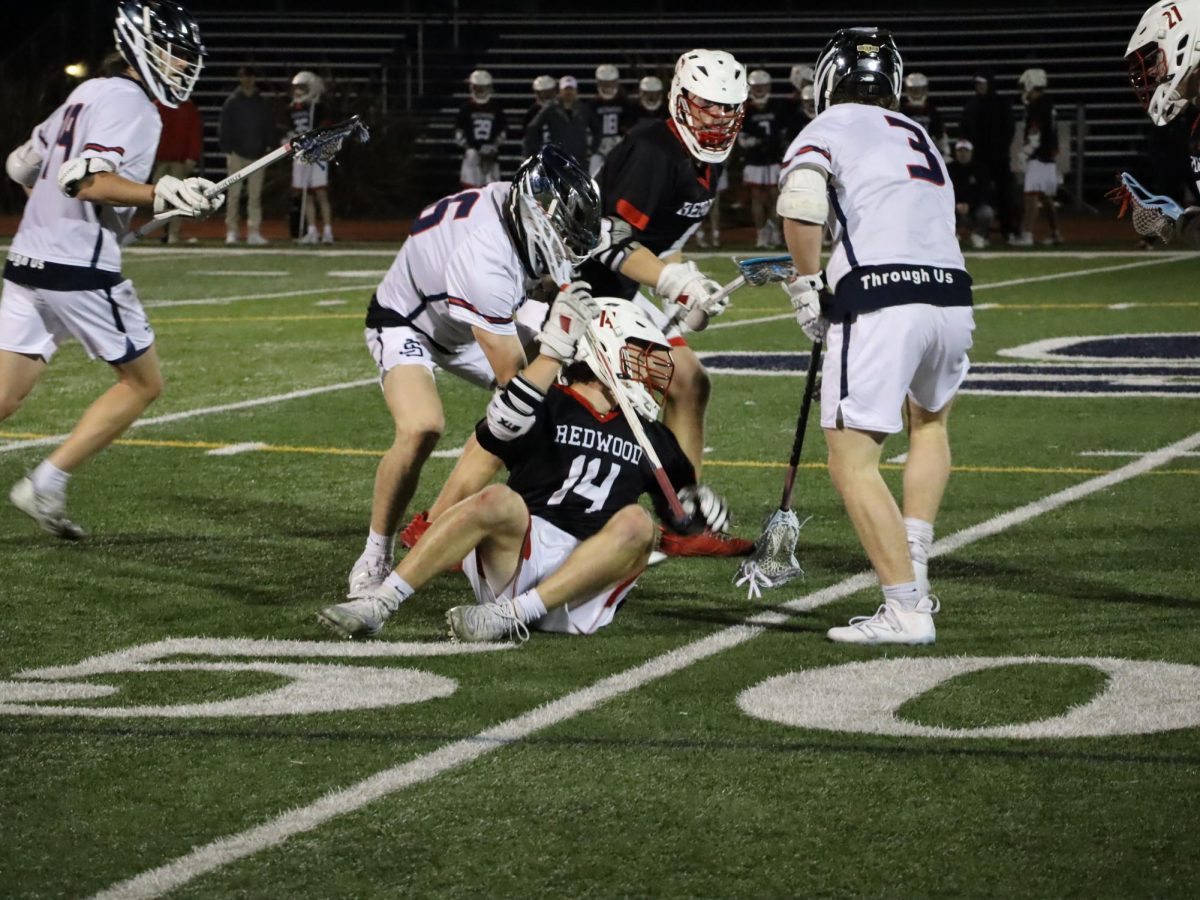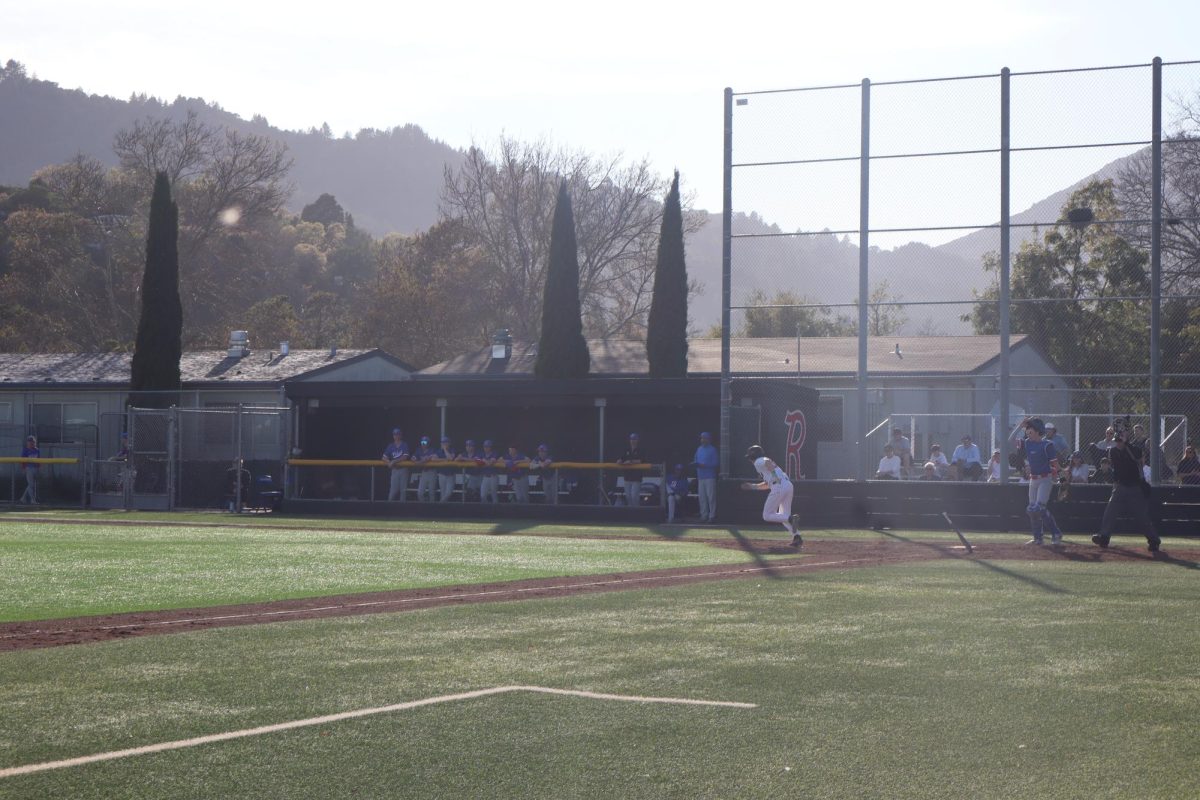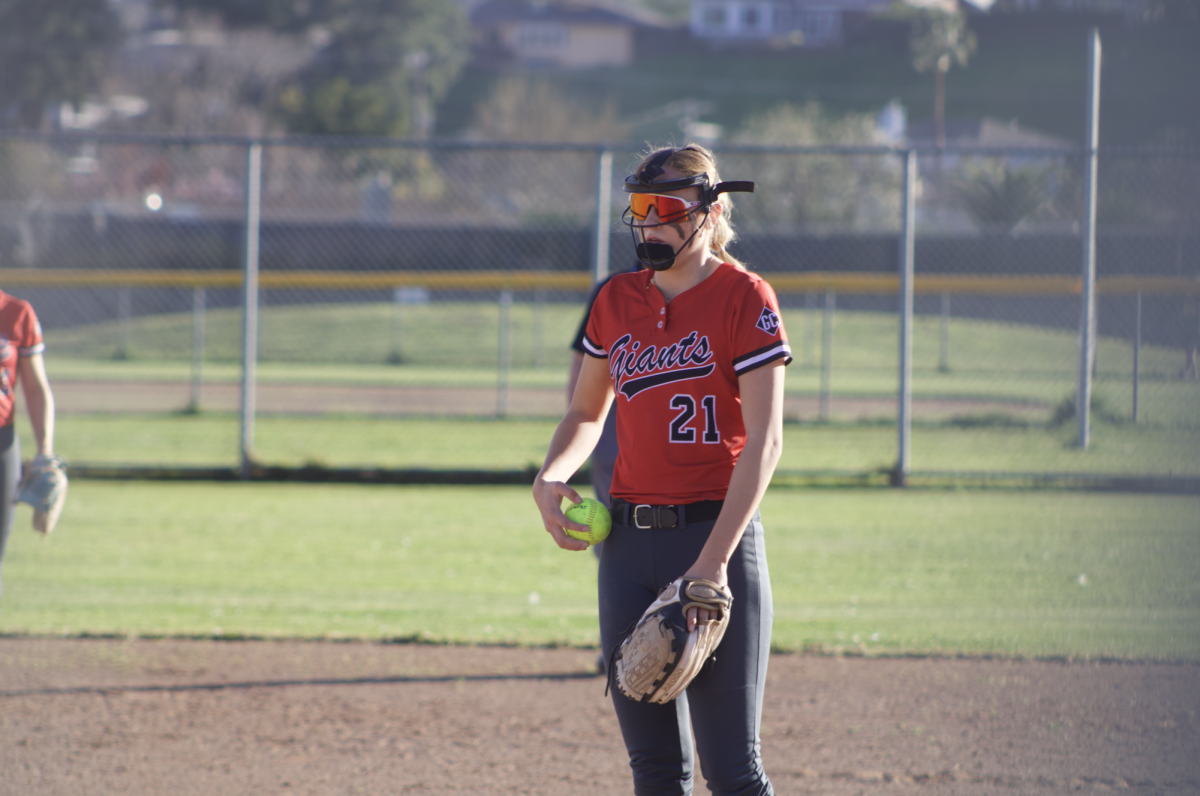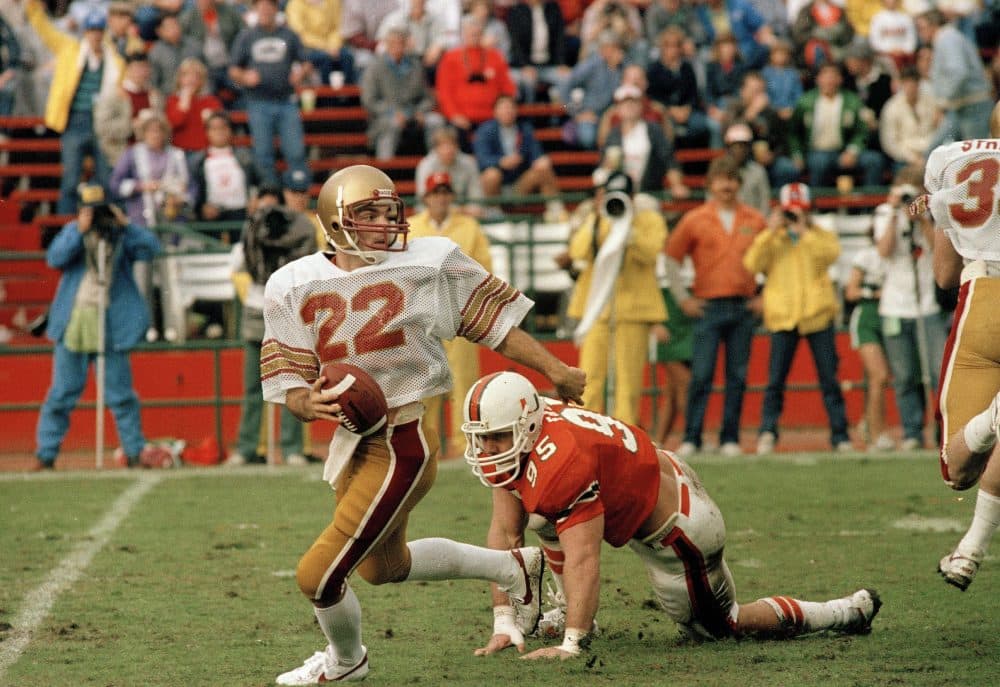Every school day, Redwood starts at 8:30 a.m. and ends between 2:55 p.m. and 3:35 p.m. Most students are free to go home, go to work, hangout or do what they want — but not student athletes. Almost every sport at Redwood practices five or six days a week, generally lasting at least two hours each. This practice schedule forces athletes to get home anywhere between 6 p.m. and 8 p.m., and that’s only if their practice starts right after school and not later at night. Athletes then have less time to focus on their other commitments, such as their homework or any other extracurricular activities. In addition, the physical toll of high school sports can leave athletes feeling more tired and less focused following their practices. Yet, despite these challenges, some athletes still find ways to be academically successful.

At the collegiate level, the National Collegiate Athletic Association (NCAA) requires athletes to maintain a minimum 2.3 grade point average (GPA). College athletes also have the support of academic advisors, however the goal of their support is to maintain their athletic eligibility — meaning often athletes are pushed to take easier classes. There’s also old stereotypes pushed in movies like “High School Musical” that athletes are just “dumb jocks.” Yet, according to a study conducted by Northwest Missouri State University, the average GPA of an athlete was 3.56 compared to an average of 3.40 for non-student athletes. Additionally, the independent organization statcrunch.com also conducted a survey of students and student athletes across Arizona and Missouri and again found the student athletes average GPA of 3.67 was higher than the average GPA of non-student athletes at 3.41. This shows how athletes have transcended the traditional stereotypes that have followed them in the past.
Redwood and its highly competitive environment has plenty of these academically successful student athletes. Calvin Tudor is a senior on the Redwood cross country team. “I’ve been on the Redwood cross country and track and field teams all four years of high school… I think it’s a great opportunity to meet people and get a much more varied experience at Redwood,” Tudor said.
Along with sports, Tudor’s other major commitment is Marin Search and Rescue (SAR). “It’s a program run by the sheriff’s office where a group of volunteers go looking for missing people all over Marin and California… A week ago I got called out on a search in Monterey County for a missing lady who was eventually found at the bottom of a waterfall,” Tudor said.
Tudor estimates he spends 12 to 15 hours a week on SAR. Combine that with his varsity sports and Tudor’s freetime outside of school drops significantly. “I’ve taken a lot of AP’s and all that, so the workload can be intense at times. Yes, sports and SAR do take away from my time but they have also made me a much more diligent student because my afternoon practices finish about 6:30 p.m. and I need to wake up for morning practice at 5:30 a.m. I have no time left to procrastinate and I’m forced to get my work done so that I can get some rest and be ready for the next day,” Tudor said.
Tudor wasn’t always like this, as he recounts on how he struggled to stay on top of his workload early on at Redwood. “The biggest thing I’ve learned
is just to write everything down. I have a little planner where I write down all my assignments for my classes and really anything I want to remember later,” Tudor said.

Ultimately, with Redwood almost in his rearview mirror, Tudor is bringing one important lesson with him to college. “Don’t slack off,” Tudor said. “If you slack off even a little bit, it will hurt you down the line and make your experience worse in the future… For me it was far better for my stress levels to stay on top of my work and assignments and I think that is the key for student athletes.”
Georgia Bender is another accomplished student athlete at Redwood and has played three different sports for Redwood.
“Most practice schedules are five days a week after school with a game on the weekend. Typically there are no practices on Sundays unless it is a captain’s practice,” Bender said.
Bender does worry about
falling behind on her work, especially on away game days. “I would go straight home from practice to do homework. On days where we had an away game or further commute it was definitely harder to get my homework done or I had to do it on the bus,” Bender said. “It definitely taught me to not procrastinate because if I wanted to get sleep I couldn’t procrastinate on my homework after practice… [Sports] also taught me to plan ahead. I had to learn to schedule my weeks out so I knew if I had enough time to work at home or if I had to do some homework at lunch.

Bender’s sports teams gave her a community, other people going through what she was also facing. “If you are struggling, reach out to mentors or teammates because one of the greatest parts of being on a team is that other people around you are going through the same thing. It’s easy to ask your teammates if they want to study on the bus or before a game and that really builds community within your team.” Bender said.
Some athletes need more than extra study time such as senior Natalie Poncet who changes her entire routine during sports season. “My routine is more lenient when I’m not playing a sport, I can do some homework then stop and finish it later. With sports I changed my routine. It became strictly school, then sports, then homework with little freedom for anything else,” Poncet said.
While Poncet never noticed a drop in her academics during her sports season she did admit to having to work harder. “Because I was so busy I just had to work a little harder sometimes… I guess I studied more efficiently when I was playing a sport because I had to focus on the stuff I needed to get done and there was less time to procrastinate,” said Poncet.
Whether it be from choice or necessity athletes have learned to manage their academics while balancing their sports. By staying organized, up to date on assignments, and not procrastinating students have found strategies to excel both on and off the field.


